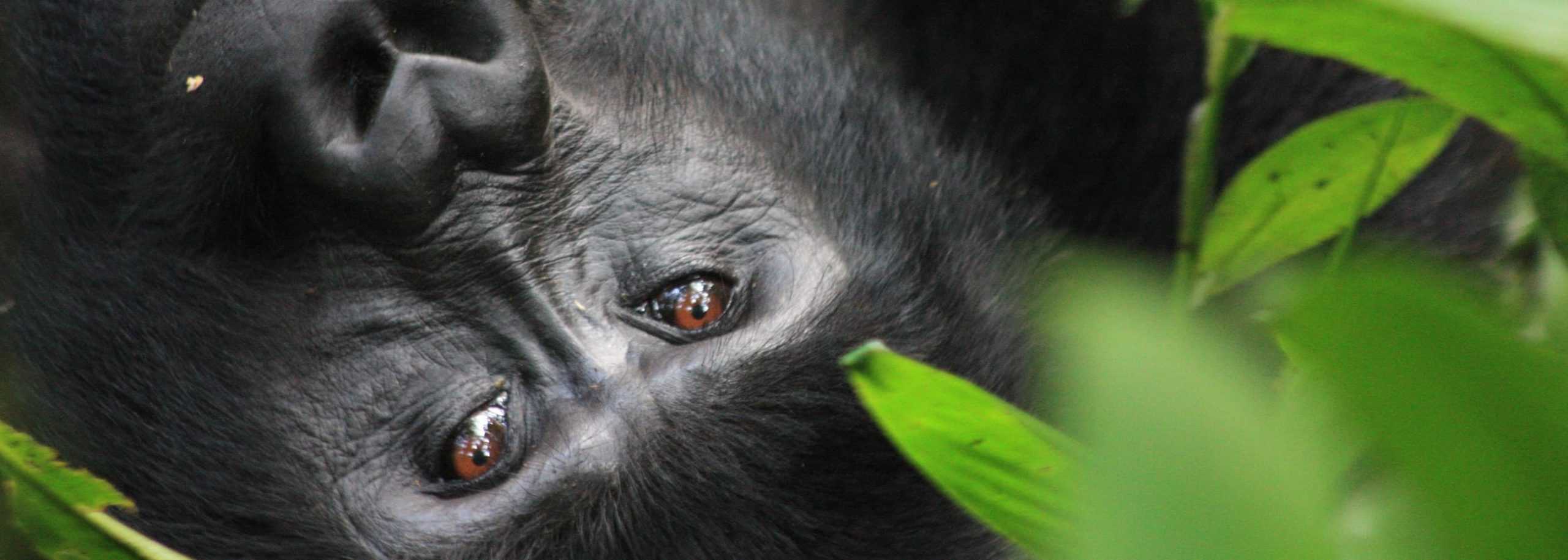Human virus linked to deaths of endangered mountain gorillas
Advocacy | 31/03/11
For the first time, a virus that causes respiratory disease in humans has been linked to the deaths of wild mountain gorillas.
In a study published this week in the journal Emerging Infectious Diseases, a publication of the U.S. Centers for Disease Control and Prevention, researchers confirm that the deaths of two mountain gorillas in 2009 in Volcanoes National Park, Rwanda, were caused by human metapneumovirus.
“Because there are fewer than 800 living mountain gorillas, each individual is critically important to the survival of their species,” said Mike Cranfield, an author of the paper and executive director of the Mountain Gorilla Veterinary Project. “But mountain gorillas are surrounded by people, and this discovery makes it clear that living in protected national parks is not a barrier to human diseases.”
Researchers who conducted this study were from the nonprofit Mountain Gorilla Veterinary Project; the Wildlife Health Center at the University of California, Davis; the Center for Infection and Immunity at Columbia University; and the Rwanda Development Board.
“Mountain gorillas are vulnerable as individuals and as a species and this study is a clear reminder about the importance of following the rules and regulations established for mountain gorilla tourism including duration of visit and minimum distance between people and gorillas,” stated Dr. Augustin Basabose, species coordinator for the International Gorilla Conservation Programme (IGCP), a coalition of the African Wildlife Foundation, Fauna & Flora International, and the World Wide Fund for Nature.
IGCP is also working with park authorities and local communities throughout the region to reduce the risk of exposure of mountain gorillas to human disease. In addition to establishment of guidelines for mountain gorilla tourism, IGCP is also working to reduce the number of people entering the park illegally in search of water or other forest resources. Incentives for conservation are developed with local communities, such as the construction of rainwater harvesting systems and support to beekeepers who formerly kept their beehives within the parks. Within the transboundary parks, IGCP continues to support a ranger-based monitoring program to inform park management as well as supporting coordinated law enforcement.
Read the press release about this study from the Mountain Gorilla Veterinary Project: http://www.gorilladoctorsblog.org/field-blog/2011/3/29/human-virus-linked-to-deaths-of-endangered-mountain-gorillas.html

